Customer Education
Consumer education is so important. They only know about CO from what they read, hear, or see through the media or what others tell them. They mostly don’t know how many things can cause the production of CO that could be happening in their home.
Our techs explain how many things can cause CO besides the furnace. Even in an all-electric house that has no gas-fired appliances, CO can be a problem if the car is left running in an open attached garage or if they put a throw-rug with rubber backing into a dryer (yes, that can produce CO).
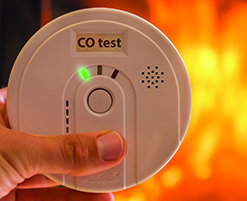
Most store-bought CO detectors do not read low levels of CO.
Electric ovens can produce CO when in self-cleaning mode. Our training and expertise enable our technicians to put on their Sherlock Holmes hat and figure out what is causing the problem.
The key is to communicate with customers, listen to what they tell you, and then use your skills and training to work out the problem’s cause and find a solution.
Our communication also includes providing brochures we create in-house using information from the NCI website and other places. These brochures explain the hazards and causes of carbon monoxide poisoning. They also explain why we perform CO testing, and what that testing can do.
Furthermore, we always recommend that our customers buy low-level CO monitors that read as low as five parts-per-million (ppm) of CO. These monitors should have alarms to let people know they have a pending problem.
Business Impact
The results, for us, has been twofold: we have grown our company over those 14 years, and our reputation is very strong in our marketplace.
I believe that part of the growth can be directly attributed to the emphasis we place on CO safety for our customers and our methodology for finding issues and resolving them. And the reputation of being the CO experts in our market area is important to that growth as well.
Creating A Solid Reputation Within Your Community
Besides the one-on-one with customers, here at Jerry Kelly Heating we also have an educational approach to our community. I spend time talking with our police and fire department to teach them about the symptomology of CO poisoning.
They, in turn, have asked for and received my contact information in case there is a situation and they need to call out an expert.
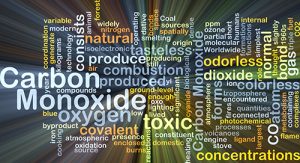 Each Fall we send out public service announcement press releases to our local media ‘ television, radio, and newspaper ‘ to make CO awareness top-of-mind for homeowners.
Each Fall we send out public service announcement press releases to our local media ‘ television, radio, and newspaper ‘ to make CO awareness top-of-mind for homeowners.
To do that, I set up Google Alerts to ping me whenever there is a CO poisoning in the U.S. I gather those articles for use in press releases and public service announcements.
Over the years, because of the training and our practices, our reputation in this area has grown. It is a trifecta ‘ educating our technicians, our customers, and the overall community. All our promotion and sales materials also describe our credentials, our certifications.
In fact, our sales literature, particularly the pieces that talk about CO monitors, explain the benefits of low-level monitoring and the drawbacks of store-bought, UL-Listed CO alarms.
Social Media Coordination
Social Media plays a role as well. Remember, the mission is top-of-mind awareness and your message needs to be in every media your marketplace consumes content. So we do maintain social media accounts on Facebook, Twitter, and others. We coordinate messaging with our PSAs.
There is a really fine line when it comes to this kind of messaging. You don’t want to overdo it and make customers think you’re trying to frighten them into buying your services. The trick is to find the middle ground between educating them and still creating an environment where they want to do business with you.
What Else You Should Know
When it comes to combustion issues and CO, be aware there are more causes of it than you know. And I find that what I think I know, is often wrong. So you need to always be learning. Training is not a one-and-done situation. It should be continuous. And the same goes for your customers. You do have to talk about this stuff and be prepared to address their concerns and any issue you find in their homes.
And it is more than just using the tools and instruments. You need to understand what the readings mean. You need to understand the importance of combustion air.
So don’t wait. If your technicians aren’t trained and certified in combustion safety and carbon monoxide, look into changing that today. Get involved in combustion training and certification. Become the expert in your area.
It is good for your customers, your community, and your business.
Steve Miles is the vice president and CEO of Jerry Kelly Heating and Air Conditioning in St. Charles, MO. He has been with the company since 1994. He and his entire cadre of field technicians have maintained their CO training and certifications since 2005.


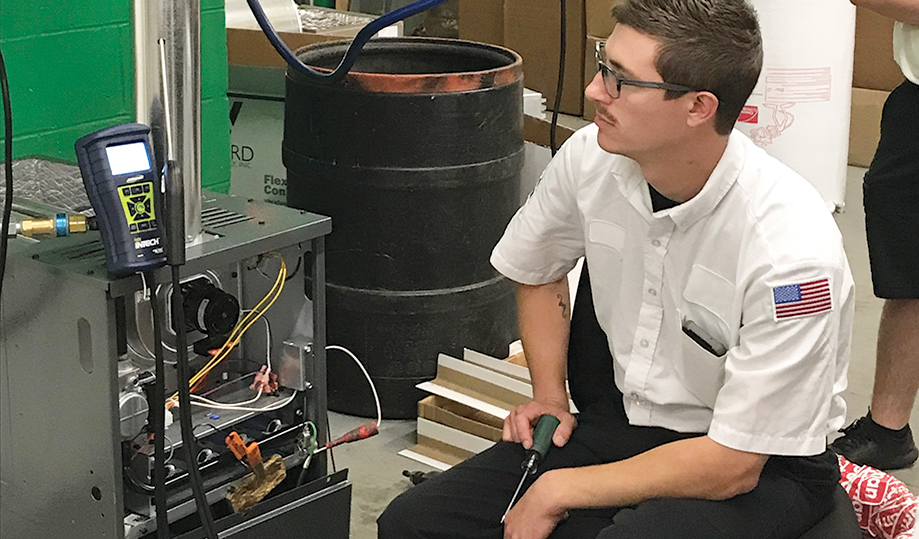
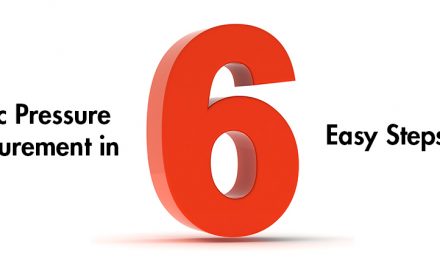
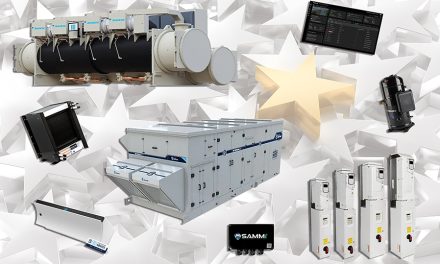

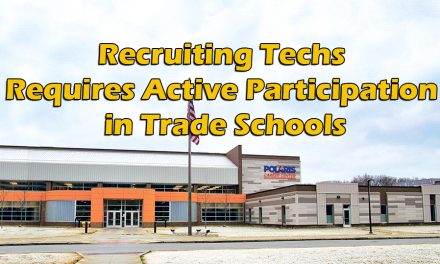
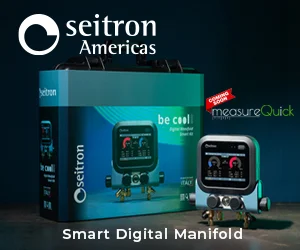




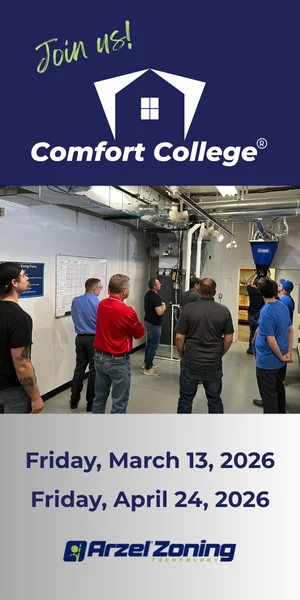
Recent Comments